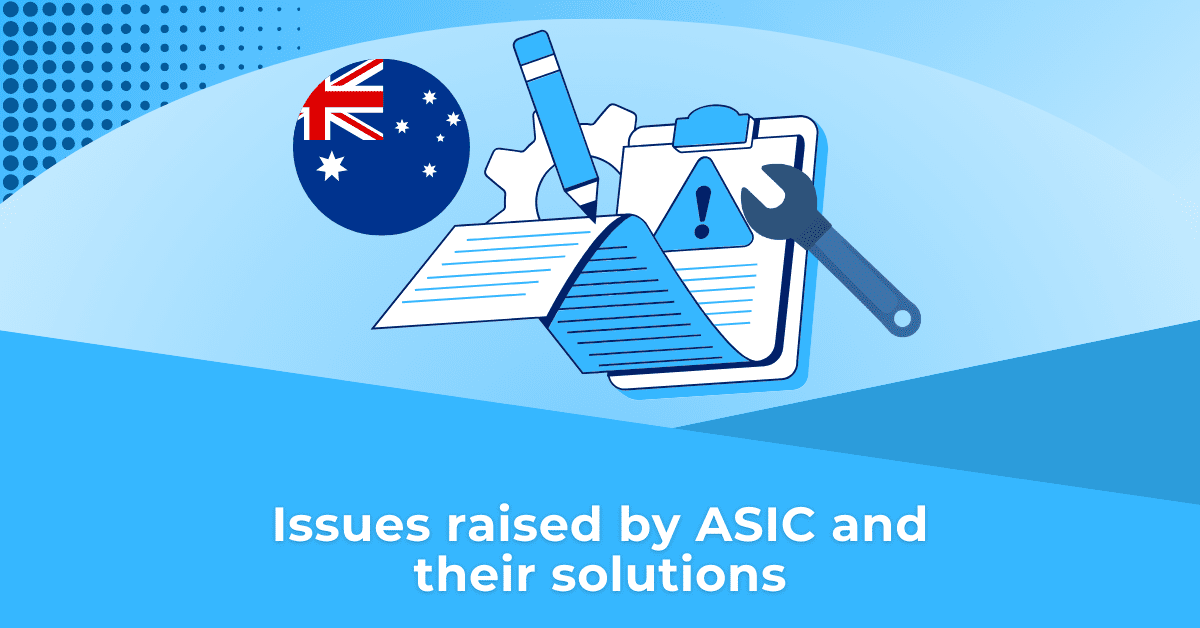To address the Money Laundering/Terrorism Financing (ML/TF) risks emanating from crypto-assets, the Cyprus Securities and Exchange Commission (CySEC) published a policy statement (PS) on 13 September 2021 to outline its approach to the registration and operations of Crypto Asset Services Providers (CASPs).
What is the crypto-asset the PS refers to?
Currently, there is no legal definition of ‘crypto-assets’ under the European Union’s (EU) financial securities laws. For the purpose of the CASP registration as outlined in the PS, the term crypto-asset refers to a product that is:
“a digital representation of value that is neither issued nor guaranteed by a central bank or a public authority, it is not necessarily attached to a legally established currency and does not possess a legal status of currency or money, but is accepted by natural or legal persons as a means of exchange and which can be transferred, stored, and traded electronically, and it does not qualify as fiat currency, financial instruments under MiFID II nor electronic money under the Electronic Money Law.” (Refer to paragraph 1.1.6 and 1.1.7 of PS)
Are CASPs required to report these crypto-assets under MiFID II/MiFIR?
No. The crypto-assets referred to for the purpose of the CySEC CASP registration do ‘not qualify as financial instruments under MiFID II’. Hence, CASPs don’t have MiFIR reporting obligations.
Are crypto-assets generally qualified as financial instruments under MiFID II?
Whether all or certain types of crypto-assets qualify as MiFID II financial instruments is an ongoing topic among ESMA and National Competent Authorities. As yet, there has been no definite answer.
However, ESMA advised that “where crypto-assets qualify as financial instruments, a number of crypto- asset related activities are likely to qualify as investment services/activities such as placing, dealing on own account, operating an MTF or OTF or providing investment advice. The organisational requirements, the conduct of business rules and the transparency and reporting requirements laid down in MiFID II would then apply, depending in some cases on the type of services offered and the type of financial instrument involved” (ESMA’s Advice on Initial Coin Offerings and Crypto-Assets)
If you are trading CFDs on crypto-assets, you may have MiFIR reporting obligations. To find out more, view our article on the reportability of crypto CFDs under EMIR and MiFIR.
Who is required to register as a CASP?
Whether you are established in Cyprus, another European Economic Area (EEA) Member State or outside of the EEA, if you provide or exercise one or more of the following services or activities to another person or on behalf of another person in or from Cyprus, you’ll be required to register yourself as a Crypto Asset Service Provider (CASP) with CySEC:
a) exchange between crypto-assets and fiat currencies;
b) exchange between crypto-assets;
c) management, transfer, holding and/or safekeeping, including custody, of crypto-assets or cryptographic keys or means which allow the exercise of control over crypto-assets;
d) offering and/or sale of crypto-assets, including the initial offering; and
e) participation and/or provision of financial services regarding the distribution, offer and/or sale of crypto-assets, including the initial offering.
CASP registration exemption
If you are a CASP established in the EEA and registered with one or more EEA National Competent Authorities for Anti-Money Laundering and Counter-Terrorism Financing
(AML/CFT) purposes in relation to all services or activities undertaken or intended to be undertaken in Cyprus, you are exempted from the obligation to be registered as a CASP with CySEC but you must submit to CySEC a notification form (Form 188-07).
TRAction continues to monitor the regulatory changes on crypto-assets and will update you on any progress in the crypto-asset space that may impact on your reporting obligations for EMIR, MIFID and SFTR. If you have any questions, please contact our team.
[1] See definition of “virtual currencies” in Directive 2018/843 of the European Parliament and Council of 30 May 2018 amending the Anti-Money Laundering Directive (EU) 2015/849




